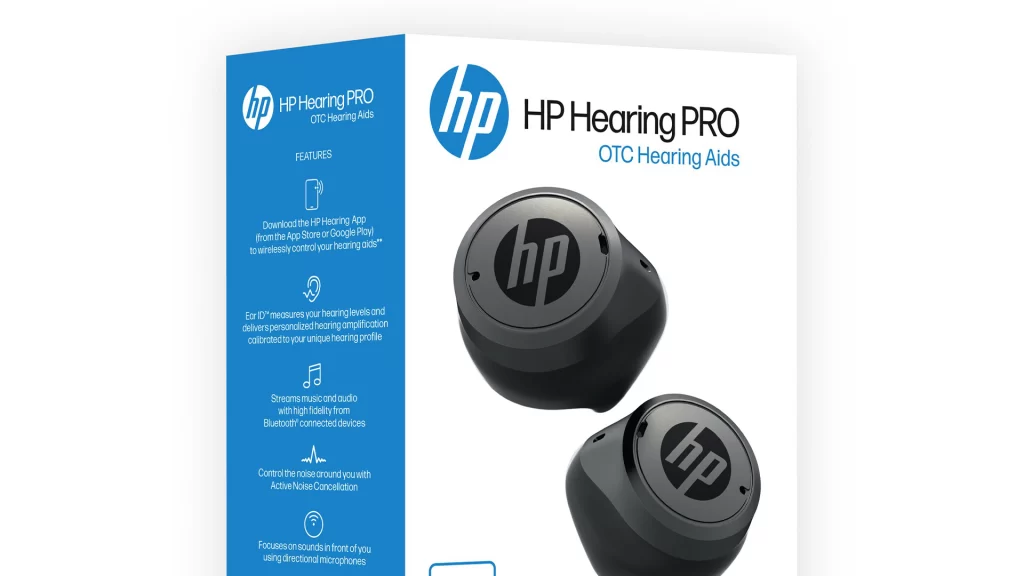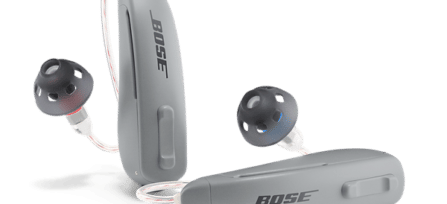Hearing Health News – November ’22
In this recurring blog series, we take a look at a few of the prior month’s biggest stories in the world of hearing health care
CMS proposes direct access to audiologists
Centers for Medicare and Medicaid Services (CMS), has recently finalized an exception to the physician order requirement for certain diagnostic testing services to broaden patient access to services furnished by audiologists.
This means that by (we think) July 2023, Medicare Part B beneficiaries will be able to directly access an audiologist for a hearing test (once every 12 months), without a doctor’s referral.
We think this is a great development for Medicare beneficiaries and is overdue.
Audiologists have long fought for their services to be directly accessed, and CMS is finally acknowledging that people are capable of recognizing a loss of hearing and removing barriers to accessing audiologists.
Sonova pulls products from Costco
That headline could also read, ‘Costco pulls Sonova from its shelves,’ because we’re not entirely sure what went down here.
What we do know is that as early as the first week of October we started hearing from our customers that they were being told they could no longer buy the Kirkland Signature 10.0 hearing aids from Costco.
Costco has not made a formal announcement, but rumor is that the KS 10.0 product was pulled due to reliability issues.
This is a bit surprising, because the KS 10.0 was a very similar product to the Phonak Audéo Paradise, and we didn’t notice any reliability issues with the thousands that we sold.
We then learned late Novemeber via an email announcement from Sonova to its providers, that the company has decided to cease offering Phonak branded hearing aids “in certain large retail chains.”
Phonak hearing aids were available in Costco for nearly 10 years—and they were an incredibly compelling offering.
We continue to have tremendous confidence in Phonak, and their latest flagship model, Audéo Lumity, is currently our best selling hearing aid nationwide.
HP throws their hat in the OTC hearing aid ring
After mastering the printer business 🙂, HP has recently launched the ‘HP Hearing PRO’ OTC hearing aid.
Available at BestBuy, among other retail outlets, these new OTC hearing aids start at $699 for the pair.

While I’ve yet to get my hands on a pair, so far, this is the most impressive OTC hearing aid I’ve seen.
It comes in several hundred dollars less than competing models from Sony and Bose, and is the first OTC hearing aid I’ve seen that can stream audio from the user’s phone to the hearing aids.
HP Hearing PRO is self-fitted, designed for users with mild to moderate hearing loss, and like all OTC hearing aids, does not require an audiologist’s support.
Using the soon-to-be-released HP Hearing App, users can self-test their hearing and the devices will automatically program themselves.
The setup process is about 15 minutes, and HP claims it is ‘substantially equivalent’ to a professionally fitted hearing aid.
The app will then allow users to control settings such as volume, and microphone directionality.
There are a few downsides to be aware of—
The rechargeable li-ion batteries only last 8 hours. They’ll probably last even less than that if a user is doing any Bluetooth streaming—I’d bet that cuts battery life up to a third.
The occlusion effect. It’s a well-known problem with in-the-ear hearing aids. When you wear a hearing aid like HP Hearing Pro, you are much more likely to complain of a feeling that you’re talking in a barrel, like you have a head cold. These devices tend to plug up the wearer’s ears more than other OTC devices on the market, and soon enough we’ll see by way of reviews how users are feeling about this (likely) problem.
Those downsides aside, overall this is an impressive device— here’s to hoping HP doesn’t eventually require users to buy Authentic HP Batteries.






